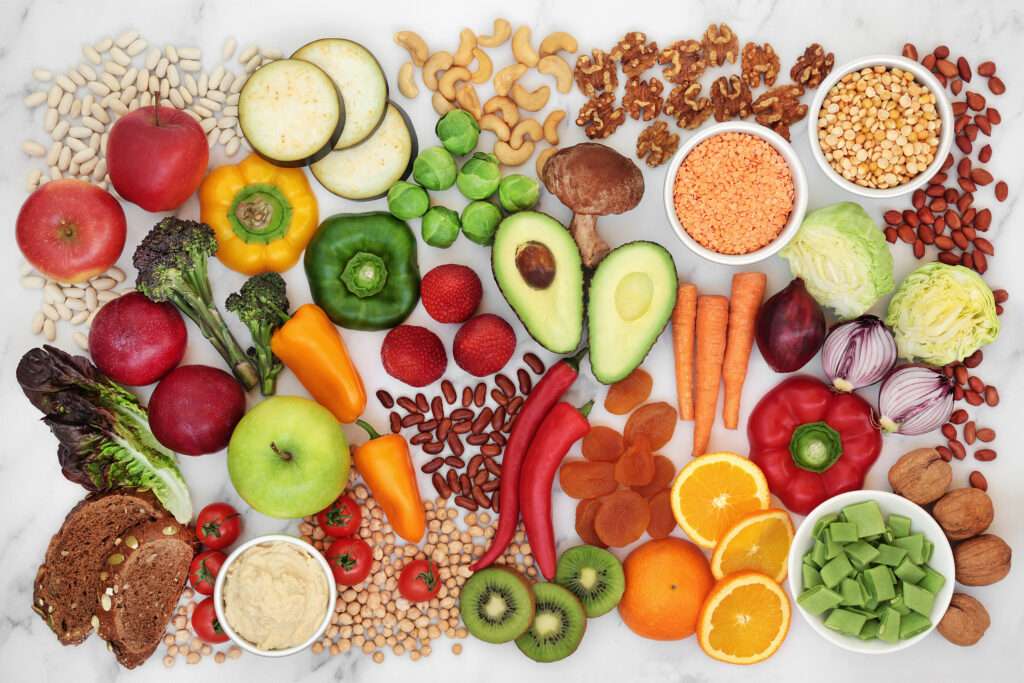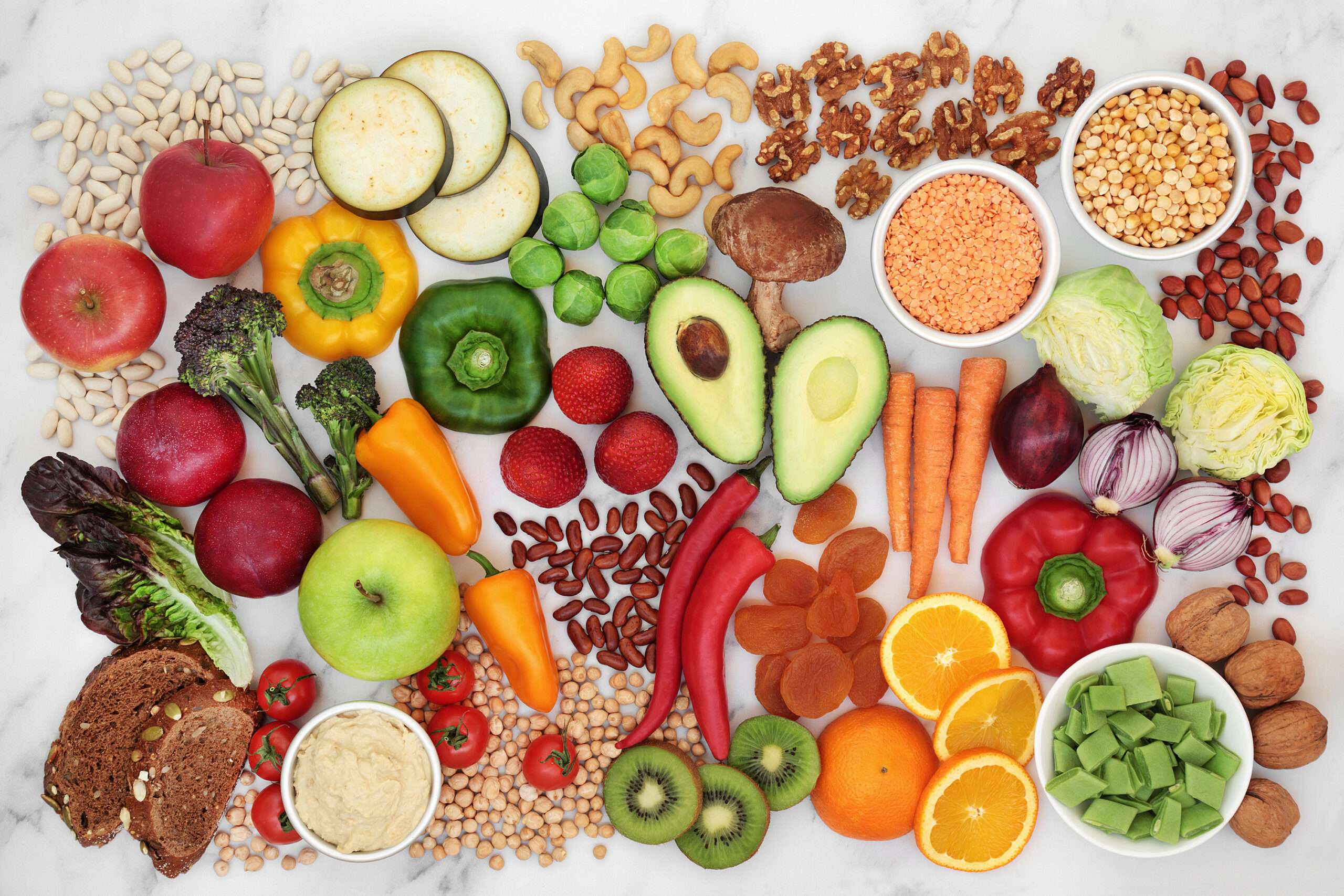
Diabetes is a serious health condition, and managing it can be challenging. Following an appropriate diet and making healthy lifestyle choices are two critical elements for managing diabetes over the long term. Eating right is essential to helping control blood sugar levels, promoting good heart health, and keeping your body weight under control.
Knowing which foods to eat to maintain a balanced diet that’s optimized for managing diabetes can make all the difference in helping you stay healthy with this chronic condition.
This article will provide an overview of what makes up a balanced diabetic diet, including nutrition basics, tips on making smart food choices, and meal planning advice.
Understanding the Basics of a Diabetes Diet
Maintaining a balanced and healthy diet is essential for people living with diabetes. Understanding the basics of a diabetes diet is crucial in managing blood sugar levels and maintaining overall health. A diabetes-friendly diet involves limiting certain foods that can cause blood sugar spikes, like sugar, refined carbohydrates, and saturated fats. Instead, focusing on whole foods such as vegetables, fruits, nuts, and lean proteins can help manage blood sugar and support a healthy weight.
For those with type 2 diabetes, medication such as ozempic can effectively manage blood sugar levels. Patients can now buy ozempic from Singapore, making it more accessible to those in need. With a proper diabetes diet and medication, individuals with diabetes can lead a fulfilling life and enjoy a balanced and healthy lifestyle.
Eating Regularly to Manage Blood Sugar Levels
It is important to eat regularly to help regulate blood sugar levels. Spreading meals throughout the day can help prevent spikes and drops in blood sugar levels that can occur with large or skipped meals. Eating three regular-sized balanced meals daily, and two healthy snacks will help maintain consistent energy levels throughout the day.
Including fibre-rich foods like legumes, whole grains, and vegetables in meals can help slow glucose absorption into your bloodstream. Eating a mix of lean proteins and complex carbohydrates is also recommended for those with diabetes, as it will fill you up without causing a spike in blood sugar levels.
It’s essential to pay attention to portion sizes when following a diabetic diet — overeating can also cause blood sugar levels to rise. Portion sizes should be about the size of your fist or a deck of cards for each meal to help maintain a healthy weight and keep blood sugar within target range.
Making Smart Carbohydrate Choices
As carbohydrates are the macronutrients that have the most significant impact on blood sugar levels, they should be included in every meal. When selecting carbohydrates, making intelligent choices and focusing on complex carbs such as whole grains, legumes, fruits, and vegetables is crucial. Processed foods like white bread and pasta should be avoided or eaten in small amounts.
Carbohydrates should also be eaten with lean proteins, healthy fats, and fibrous vegetables. This combination is beneficial in helping to regulate the absorption of glucose into the bloodstream, keeping blood sugar levels within the target range. Adding healthy fat, such as olive oil or avocado, can help slow digestion and keep you full longer.
Focusing on Nutrient-Dense Foods with Low Glycemic Load
When following a diabetes-friendly diet, focusing on nutrient-dense foods with a low glycemic load is crucial. Foods high in sugar and simple carbohydrates like cakes, cookies, white bread, and pasta should be avoided or eaten in small amounts. Instead, opt for whole grains such as quinoa and oats packed with fibre and vitamins.
Fruits and vegetables are also essential in a diabetes diet as they contain vitamins, minerals, and antioxidants. Eating various fruits and veggies can help you get all the essential nutrients your body needs. Choose fresh or frozen produce over canned fruit and vegetables, as canned versions often have added sugar or preservatives.
Incorporating Healthy Sources of Fat and Protein
When following a diabetes-friendly diet, it is essential to include healthy sources of fat and protein such as lean meats, fish, nuts, legumes, and seeds. Proteins help slow digestion and keep blood sugar levels stable throughout the day. Healthy fats are essential in helping absorb vitamins A, D, E and K from foods.
Nuts and seeds are excellent sources of healthy fats and fibre that can help regulate blood sugar levels. Choose unsalted versions to get all the benefits without added sodium. Incorporating a variety of plant-based proteins such as legumes, nuts, and seeds is beneficial in managing diabetes by helping to keep energy levels stable while supplying your body with essential nutrients.
Knowing Your Nutritional Needs and Supplementation Considerations
It is essential to know what your body needs to maintain a healthy diet and lifestyle when living with diabetes. Consulting with a nutritionist or doctor can help you understand how many calories, carbohydrates, fats, and proteins you should eat daily.
Supplementation may also be necessary for those with diabetes, depending on their nutritional needs. Multivitamins can help bridge any dietary gaps, while omega-3s and probiotics may also be beneficial in helping manage diabetes. Supplements can be purchased over the counter or prescribed by a doctor, depending on your needs.


















Leave a Reply